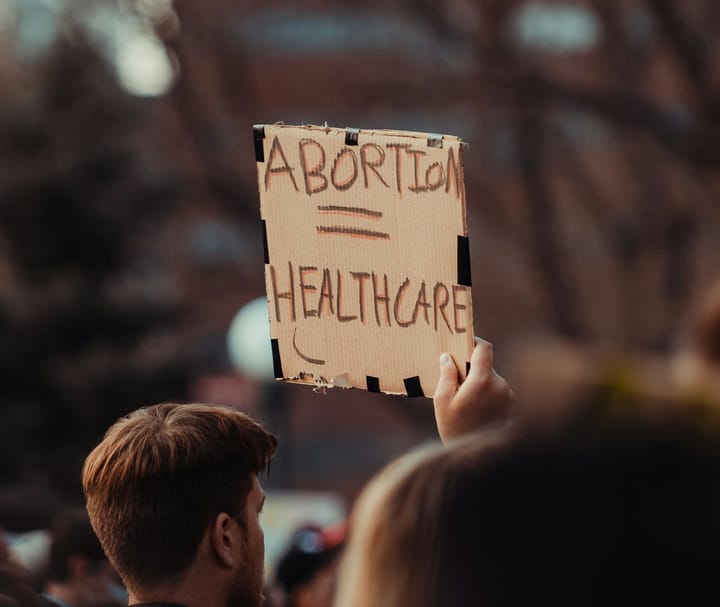Texas Women Denied Abortions To Treat Ectopic Pregnancies

On Monday, the Center for Reproductive Rights announced they were filing federal complaints with the Biden Administration on behalf of two women who were denied treatment for ectopic pregnancies in Texas. The two women allege they were denied abortion care, the only treatment for an ectopic pregnancy, and because of that delay they now face a loss of fertility.
The Center for Reproductive Rights filed their complaints with the U.S. Department of Health and Human Services for their two clients: Kyleigh Thurman and Kelsie Norris-De La Cruz. Thurman’s complaint alleges that she was turned away from Ascension Seton Williamson Hospital, and when she returned days later with vaginal bleeding they still did not provide the care for an ectopic pregnancy. Ultimately, her ectopic pregnancy ruptured.
The complaint for Norris-De La Cruz alleges that she was denied care for a tubal ectopic pregnancy at Texas Health Arlington Memorial Hospital, where she was discharged even though her condition had been diagnosed. She ultimately sought the opinion of a different OB-GYN who was able to rush her into an emergency surgery.
Both complaints note that the hospitals, which did not provide the care for ectopic pregnancies, violated EMTALA (also known as the Emergency Medical Treatment and Labor Act). Earlier this year the Supreme Court heard a challenge from Idaho to EMTALA laws, and dismissed it. According to Justice Ketanji Brown Jackson, that dismissal was no victory but simply a “delay.” In her opinion she wrote further, “for as long as we refuse to declare what the law requires, pregnant patients in Idaho, Texas, and elsewhere will be paying the price.”
Even under the current Texas abortion ban, an ectopic pregnancy is supposed to be treated. But because Senate Bill 8 relies upon language that stipulates “aiding or abetting” an abortion can result in a $10,000 fine and life in prison, treatments for things like an ectopic pregnancy have become anything but clear for medical professionals. As SB 8 was being debated in the legislature in 2021, several medical professionals testified how an abortion ban would impact the treatment for pregnancy and miscarriage care.
The Center for Reproductive Rights cites a direct link to the current Texas abortion bans and what happened to both Thurman and Norris-De La Cruz. “These women are proof that exceptions do not make abortions bans less dangerous, even when they are exceedingly clear,” said Beth Brinkmann, the Senior Director of U.S. Litigation at the Center for Reproductive Rights in a statement. “As long as these bans are in place, doctors will be terrified to provide abortions of any kind.”



Comments ()